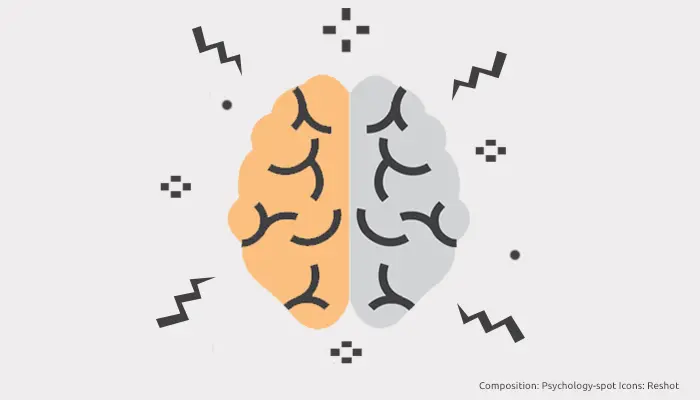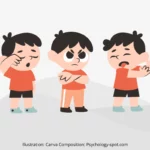
Why do problems multiply, no matter how hard we try to solve them? Why does one problem always appear after another, without giving us a truce?
The answer, or at least part of it, can be found in the way our brain processes information, which explains why there’re continually small problems in life that don’t leave us alone.
When we have no problems, we invent them
To understand why problems multiply, the psychologist David Levari, of Harvard University, resorts to a very illustrative simile: the neighborhood surveillance system. This system is formed by volunteers who take care of their neighborhood and, when they notice something suspicious, they call the police.
At the beginning, given that the crime rate in the neighborhood is high, they give the alarm when they see signs of possible serious crimes. However, over time their efforts pay off and the crime rate drops markedly. At that point, it’ll be normal for the group of volunteer neighbors to lower their guard a little and stop calling the police. After all, serious crimes that concerned them are a thing of the past.
But that’s not what happens, at least in most cases. Volunteers begin to call the police for insignificant facts they consider “suspicious”, things that had not previously worried them and don’t represent a real danger to the community. That means they begin to see dangers where there are none.
Our brain works in a similar way to that neighborhood surveillance system.
When there’s no big problems, more small problems will appear
To analyze how our concept of danger changes when threats are less common, researchers at Princeton University recruited a group of people and assigned them a simple task: to observe a series of computer-generated faces and decide which ones looked threatening. Researchers designed carefully the faces, so that some were very intimidating and others harmless.
The funny thing was that as they showed fewer threatening faces, people expanded their definition of threat to include a wider range of faces. In other words, when they were left without threatening faces, they began to consider harmless faces as potentially dangerous.
That means that what we consider “threats” or problems doesn’t always depend on an objective pattern but on the number of threats and problems that we have been exposed to lately.
This type of inconsistency is not limited to judgments about possible threats. In another experiment, the researchers asked the participants to make an even simpler decision: if the colored dots that appeared on a screen were blue or purple.
Once again, when the blue dots became rare, people began to define the purple dots as blue. And they maintained that behavior even when the researchers warned them they would see few blue dots. These results suggest that it’s a behavior that we don’t always control consciously.
Next, the researchers wondered if it was a perceptual bias or would also affect other types of judgments. They designed a final experiment in which they asked the volunteers to read about different scientific studies and decide which were ethical and which not.
The researchers found the same pattern. As they showed people less unethical studies, they changed their yardstick and started cataloging as unethical studies that were really ethical. In other words, the simple fact of reading less unethical studies made them become more severe judges of ethics.
The “laziness” of the brain generates misperceptions
Why do threats and problems multiply as they decrease? This type of behavior is a consequence of the way our brain processes information: we constantly compare the present with our most recent experiences.
For example, instead of deciding carefully if the face in front of us actually sends threatening signals, we simply compare it to the faces we have seen before. This type of comparative analysis leads us to draw erroneous conclusions and find threats or problems where there’re none.
For our brain, relative comparisons demand less energy than absolute comparisons, as neuroscientists at the University of Cambridge suggest, so we tend to prioritize them instead of simply putting things in perspective.
Running in this “automatic mode” causes problems to multiply because we lose perspective. Thus, we classify as problems what are simple setbacks. We must be particularly attentive to these bad jokes of our brain because they can take away our mental balance, generating useless worries.
Sources:
Levari, D. E. et. Al. (2018) Prevalence-induced concept change in human judgment. Science; 360(6396): 1465-1467.
Levari, D. E. (2018) Why your brain never runs out of problems to find. In: The Conversation.
Niven, J. E. & Laughlin, S. B. (2008) Energy limitation as a selective pressure on the evolution of sensory systems. Journal of Experimental Biology; 211: 1792-1804.
Laughlin, s. B. et. Al. (2001) Energy as a constraint on the coding and processing of sensory information. Current Opinion in Neurobiology; 11(4): 475-480.
Parducci, A. et. Al. (1965) Category judgment: A range-frequency model. Psychological Review; 72(6): 407-418.



